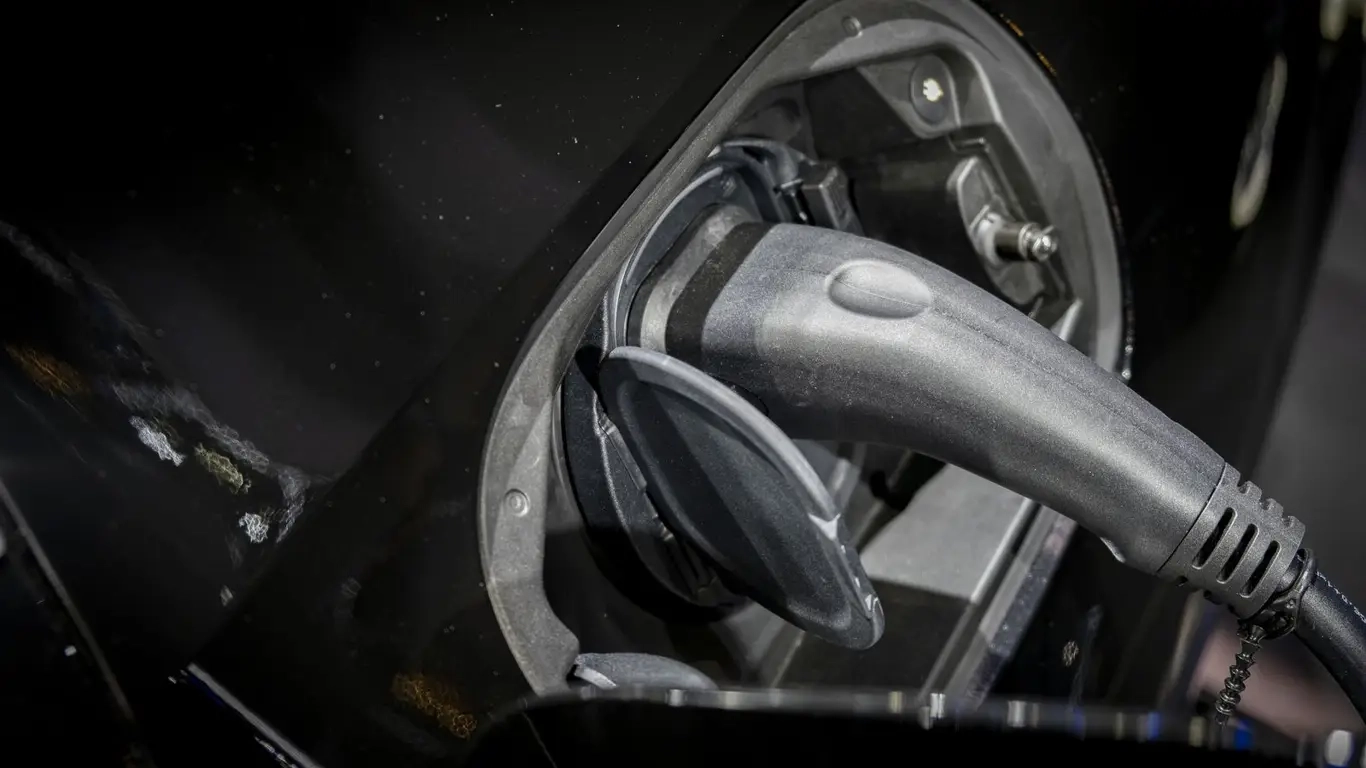Germany proposes power limits for PHEVs that skip charging


Germany's VDA proposes requiring plug-in hybrids to charge regularly, or face reduced engine output. Aims to cut real-world emissions and keep PHEVs post-2035.
In Germany, a shake-up in how plug-in hybrids are used may be on the way. The VDA, the national automakers’ association, has proposed requiring PHEV owners to plug their cars in on a regular basis. If they do not, the vehicle would curb engine output until it receives a sufficient amount of charge, reported by auto magazine 32CARS.RU.
VDA president Hildegard Müller said the idea is meant to make hybrids more effective and reduce CO2 emissions. Studies indicate that many drivers treat these cars like ordinary gasoline models, skipping electric mode and, as a result, undermining the environmental premise. The logic is hard to argue with: if a PHEV is never charged, it is essentially just a heavier petrol car.
European regulators have already criticized the industry for hybrids whose real-world emissions exceed official figures by as much as five times. Under the new approach, PHEVs could have a path to remain on the market beyond 2035, when the EU plans to ban internal-combustion engines.
The proposal has stirred controversy. Skeptics see it as an intrusion on owners’ rights and a step toward pervasive monitoring of driver behavior. Even so, it reflects a broader shift: Europe aims not only to sell cleaner cars, but to ensure they are actually used as intended — moving the conversation from incentives to accountability.